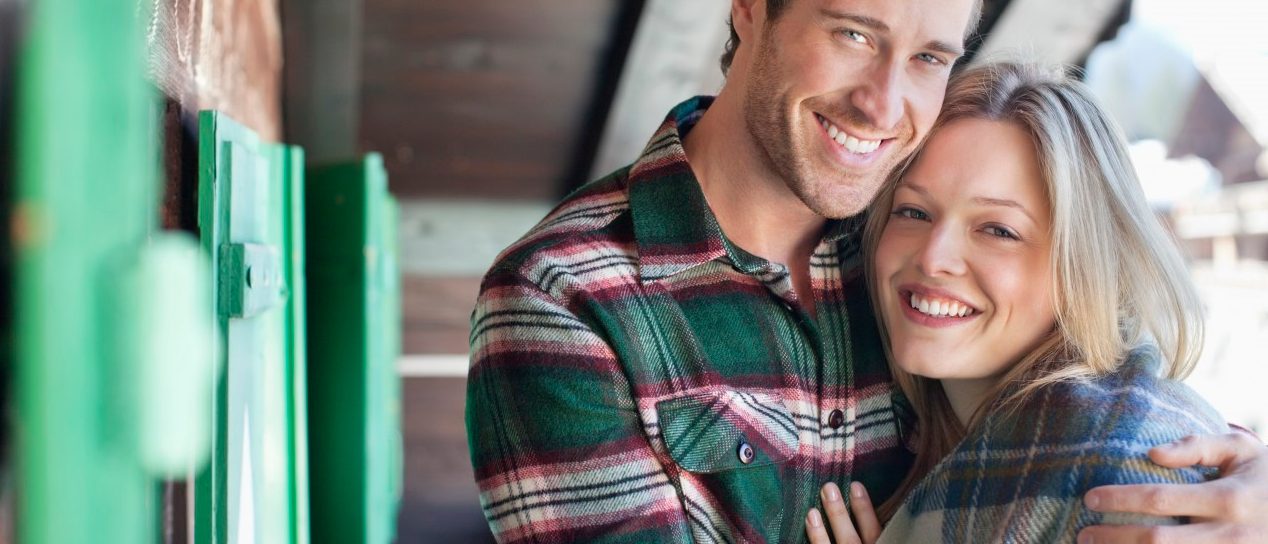Be Grateful for Your Honey

Your spouse will pick up your vibes — good or bad.
The great turn-of the century American psychologist William James wrote, "The deepest craving of human nature is the need to be appreciated."
Gratitude helps people form bonds at the beginning of relationships, and also maintains them even when you’re already happy and close.
Perhaps you’ve heard that your spouse will be happier with your marriage if she (or he) feels appreciated and have tried to remind yourself to express gratitude. That’s a fine idea, but it turns out that saying “Thanks” isn’t as important as actually feeling thankful. Spouses read the signs, according to a study at the University of North Carolina with fifty couples who had been together, on average, for almost 21 years.
And it truly is the little things that count most, as long as we don’t stop noticing them, another study concluded. What gets in the way of feeling grateful? When someone is kind to you, you might feel “gratitude (that was so nice of her!), resentment (oh, he only did this because he wants something from me), misunderstood (why did she think I would like that?), or indebted (I owe him one!),” the coauthors wrote. You might feel all of these at once. If your partner does something you actually value and goes to some trouble, you’re likely to feel grateful, but focusing on your obligation to return the favor is counterproductive. A sense of indebtedness doesn’t help relationships.
Just as we learn to take people for granted, we can learn to be more grateful. For directions, you might try “Gratitude Works! A 21-Day Program for Creating Emotional Prosperity” by Richard Emmons, a professor of psychology at the University of California, Davis, who has been studying and writing about gratitude for a decade. In “Enjoy Every Sandwich: Living Each Day as If it Were Your Last,” Lee Lipsenthal, a doctor, wrote about conflict with his wife, Kathy, who is also a doctor — and how every morning, he would open his arms in bed and she would roll over onto his chest and go back to sleep, while he meditated for 45 minutes, cultivating gratitude for her.
If there’s a “Love Potion No. 9,” its gratitude, writes Christine Carter, Senior Fellow at the Greater Good Science Center at the University of California in Berkeley, and the author of “The Sweet Spot: How to Find Your Groove at Home and Work.”
You may not need to buy gifts or even cook dinner to help your spouse feel good. Both men and women are most grateful when their spouses listen to them mull over a problem and express affection, according to a 2012 online survey with 2,000 respondents. John Gottman, a leading scholar on marriage and marriage therapy, tells the story of a moment when he saw his wife looking sad. Although he was eager to read the end of a mystery novel, he instead asked her what was wrong. Those moments of making yourself available build trust over time, he says. Relationships begin to die when you think to yourself, “I can do better. I don’t need this anymore,” and turn away. You will feel less gratitude and invest less, he explains.
Couples are most likely to divorce if one partner expresses contempt, making superior statements like “You’re such an idiot. “ Criticism, defensiveness, and emotional withdrawal are also bad moves.
Happily married couples, Gottman says, behave like good friends, and handle their conflicts gently. If they have a bad interaction, they “repair” their tie, but they also allow each other to feel badly, without dismissing problems or rushing to agreement. You’re more likely to stay patient, tolerate discomfort, and remain connected if your marriage includes a healthy amount of gratitude.
Updated:
February 24, 2020
Reviewed By:
Christopher Nystuen, MD, MBA